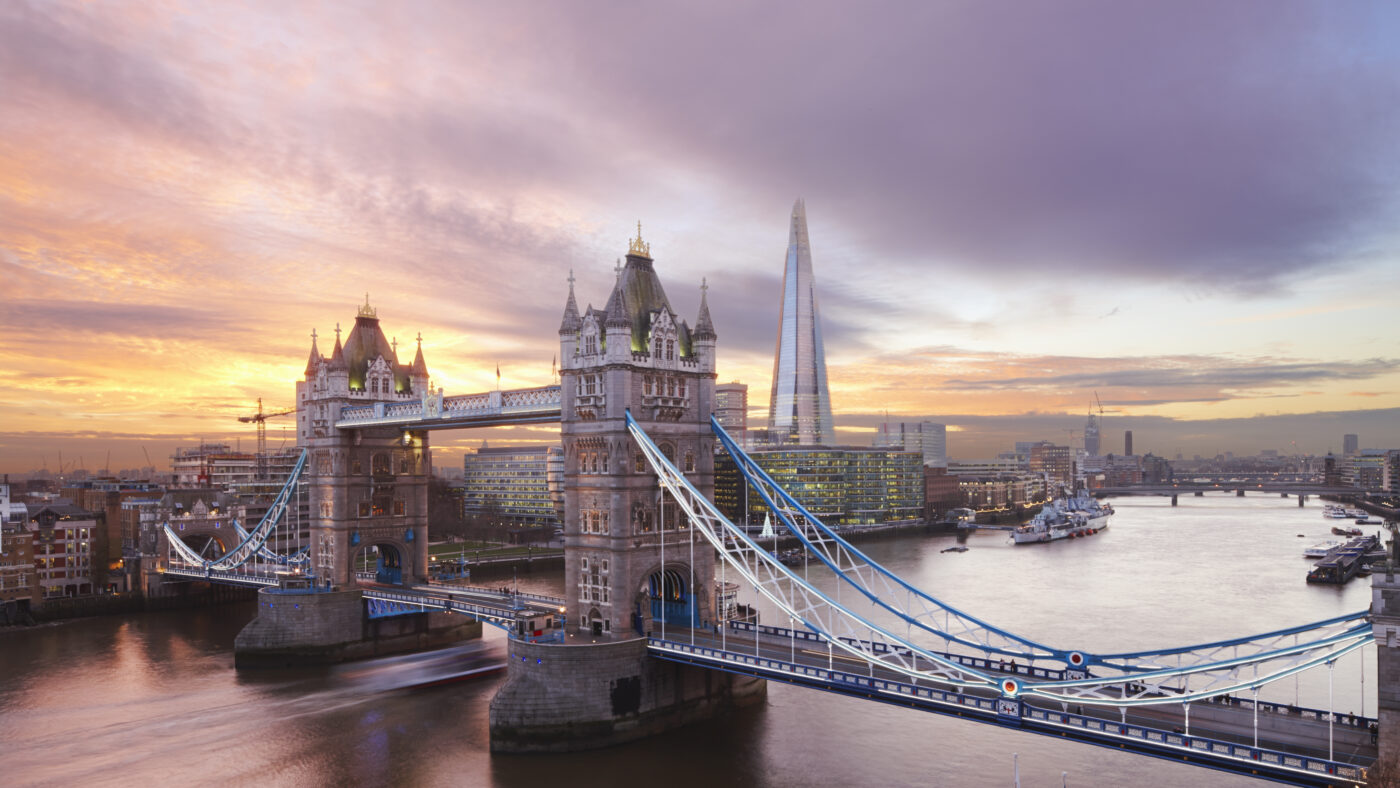Of all the silly sayings in British politics, one of the silliest must surely be ‘Singapore-upon-Thames’ – an unhelpful turn of phrase bandied about by those who know little about economics, and even less about Singapore.
If there is a lesson to be learned from Singaporean history, it’s that nations prosper when they focus on maximising their natural advantages. Prior to the end of British rule in 1959, Singapore was already a colonial entrepôt, the biggest market in the world for rubber and tin, and a major global distribution centre for oil. Lee Kuan Yew’s genius was not in making Singapore anew, but in supercharging its natural advantages through the roll-out of ambitious infrastructure projects, the imposition of public order, and the maintenance of political stability.
The British political class should bear the Singaporean story in mind as it grapples with the problem of our own capital city. It has become fashionable in the past decade to talk about deliberately moving the country’s centre of gravity away from the capital, whether by redistributing funding to ‘left behind’ areas, or by relocating centres of political power – government departments, quangos, perhaps even Parliament itself.
Yet Greater London contributes almost a quarter of Britain’s GDP, and is integral to the economy of the entire south-east. Alongside New York City, London is one of only two cities rated ‘Alpha++’ by the Globalization and World Cities Research Network, ahead of places like Beijing, Tokyo, Hong Kong, and Paris. Almost 12% of foreign listed companies worldwide are listed in London, and the nation’s capital is responsible for a third of global foreign exchange trades, more than the next three largest centres – New York, Singapore, and Hong Kong – combined. The gravitational pull of a city like that, in a country as small as Britain, will always be overwhelming. Should we be trying so hard to resist it in the first place?
Against this backdrop, how much public money should be spent to keep London competitive, whether as a financial centre, a cultural powerhouse, or an aviation hub? Do we owe ‘Londoners’ – whatever that means – special consideration? Is it sustainable to maintain so much low-cost social housing in the centre of such a productive city – and is it fair that nearly half of that social housing is occupied by immigrants?
All of these questions remain open, but it’s clear that the status quo is less than ideal. The present model sees us suffer the downsides of a city-state – provincial alienation and lack of strategic depth – without the benefits, such as greater vertical economic integration, and the tailoring of the administrative state to suit the needs of the metropole.
So how do you solve a problem like London?
For my money, we should embrace the fact that London is the economic, political, and social engine of the country, and double down on it. Build more, build bigger – consolidate London’s role as a firm, assertive political centre, and prioritise systems which teach administrators to understand different regions of the country without relying on a local political mandate. Economic planning in surrounding areas – Kent, Surrey, the Home Counties, Essex – should consciously aim to improve connectivity to London, while using the capital’s wealth to preserve the charming aspects of life in those parts of the world.
Those who clamour for more decentralisation and devolution would do well to study the unhappy fates of nations which deliberately create power struggles within themselves. States with political capitals distinct from their economic cores are more likely to suffer political gridlock, and dislocation between merchant classes and administrative classes. Decentralise too far, and politicians will find themselves unable to act without consulting a litany of parochial provincial stakeholders, who are willing to trade their acquiescence for good old-fashioned pork-barrel spending.
Proposals to move Parliament elsewhere – Manchester, Birmingham, York, and Leeds have all been suggested – are equally ill-advised. Aside from the absurdity of deciding to abandon our ancient seat of power on the basis of modish Blairism, moving Parliament northwards would further disconnect politicians from the wealth-creation that we as a country sorely lack.
In any case, a prosperous London does not preclude prosperity in the rest of the country. Remember, the bucolic south-east of England is only so pleasant because it was systematically tamed, built, and sustained with the wealth that has flowed into the country via the River Thames in previous centuries. Businesses in prosperous commuter belt towns still rely on City wages; the research and development potential of Oxford and Cambridge wouldn’t be nearly as potent without the proximity of those two cities to the vast capital reserves of the Big Smoke. More international money in London also means more opportunities to showcase investment opportunities in growing cities like Manchester and Birmingham.
In London, we are fortunate to host one of the world’s great cities – its strength is an asset, not something to be tossed lightly aside in pursuit of more hanging baskets and more bus routes in parts of the country which lack organic economic growth. Unleash London’s financial services sector by getting our regulators in check, fix the housing shortage, and restore order to the streets – we’ll all be richer for it.
Click here to subscribe to our daily briefing – the best pieces from CapX and across the web.
CapX depends on the generosity of its readers. If you value what we do, please consider making a donation.


